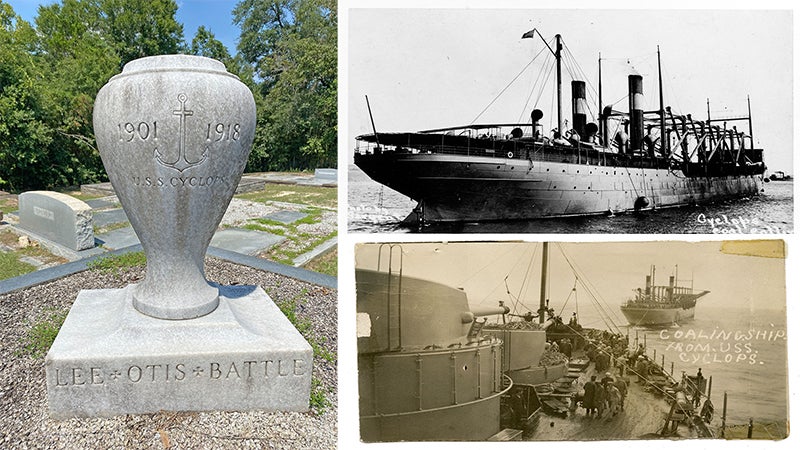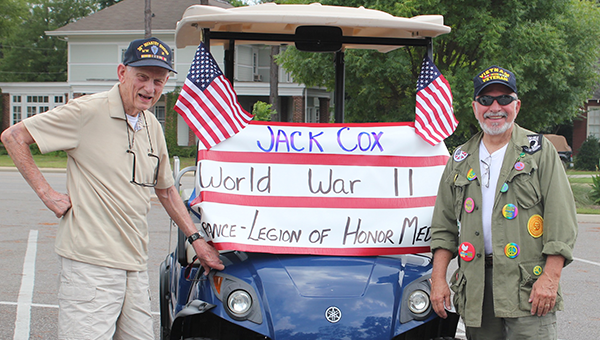Rethinking justice after afternoon in court
Published 12:09 am Saturday, March 24, 2012
I couldn’t help thinking of Father Peter Cunningham as I sat in court Friday afternoon.
The courtroom was empty, save five inmates and a jailer, when I entered. As I sat down with my laptop and prepared to take notes, I heard the men across the room whispering, speculating about why I was there. When they figured out I represented “the media,” they had lots they wanted to tell.
Their moods were jovial, almost, as they waited to stand before the judge and plead to offenses ranging from theft to rape. I couldn’t help but notice how much more somber each looked after hearing his previously-negotiated sentence read aloud, nor how the faces of the others changed when they heard another plead guilty to the rape of a teen, and the prosecutor’s description of his acts. Gone was the frivolity of being out of the Blue Roof for the afternoon; these men were angry.
As I waited for the proceedings to begin, I was communicating by email with someone who found my proximity to and conversations with the inmates appalling.
It was then that I thought of our friend Father Peter, an Irish-Catholic priest, and a very moving homily he once gave.
When someone brings a new baby to church, he said, everyone crowds around and says, “Oh, what a precious baby.”
No matter what any of us have done, how old, or how attractive or unattractive we are, “we are all just grown-up, precious babies,” in God’s eyes, he said.
As I thought about the inmates in the courthouse yesterday, I wondered what happened in each of their lives that got them off course. Was it one bad decision? Was it the inability to get through the system and overcome an offense? Was it a drug addiction?
I wondered if their mothers were still alive, and thought about how much it must hurt a parent to see a child go to prison. I wondered when these “precious babies” changed.
It’s easy for those who’ve made good choices and operated on the right side of the law, to advocate harsh penalties for those who haven’t. It’s convenient to lump those individuals into the category of “criminals” and support long prison sentences.
But as our state stands on the brink of huge budget cuts, I wonder if we’d do better putting our tax dollars in programs that improved education or helped with earlier interventions.
I’m not convinced that incarcerating for 20 years a man who stole a $3,000 boat is the highest and best use of my tax dollars, even if he is a habitual offender.
I do not pretend to have the answers. But there is no doubt we should be questioning the current system.



